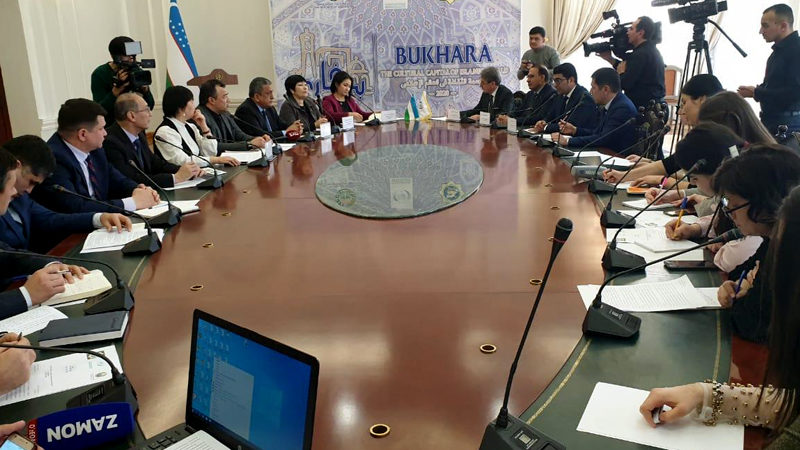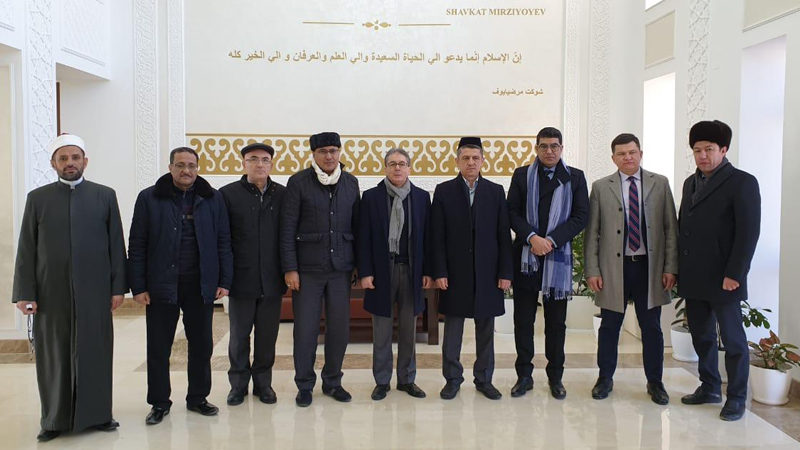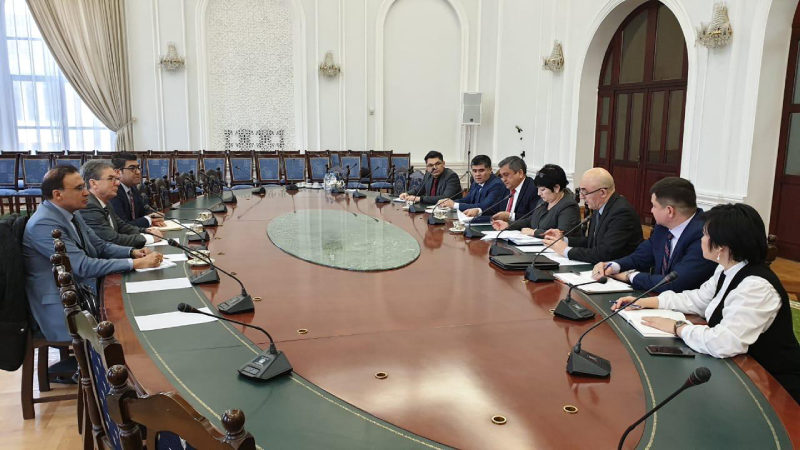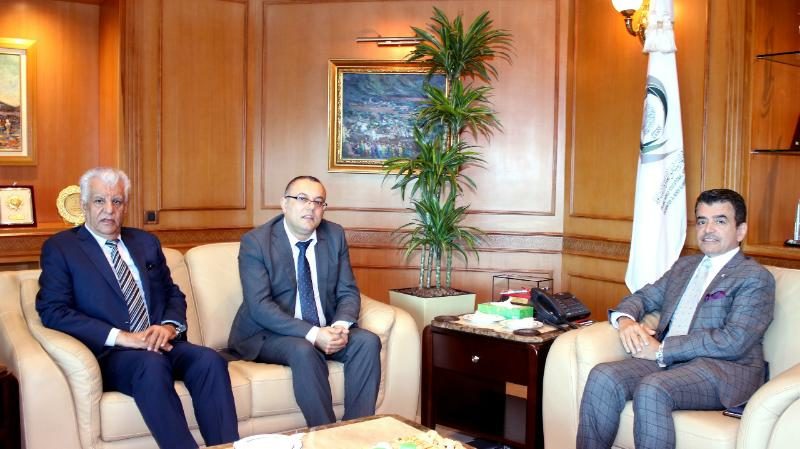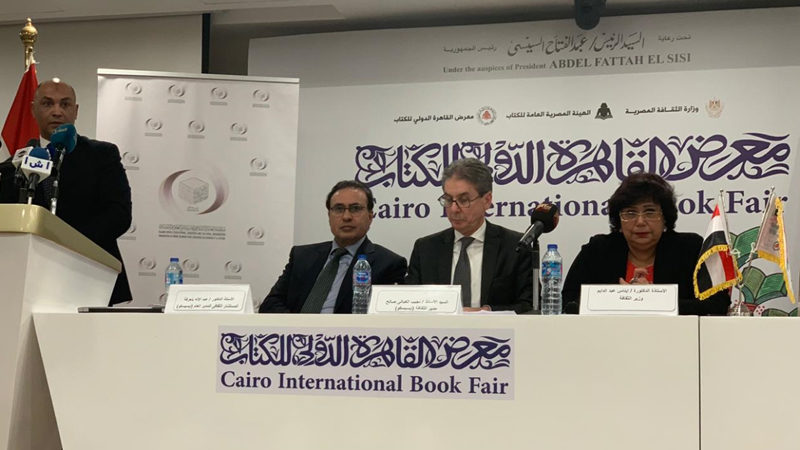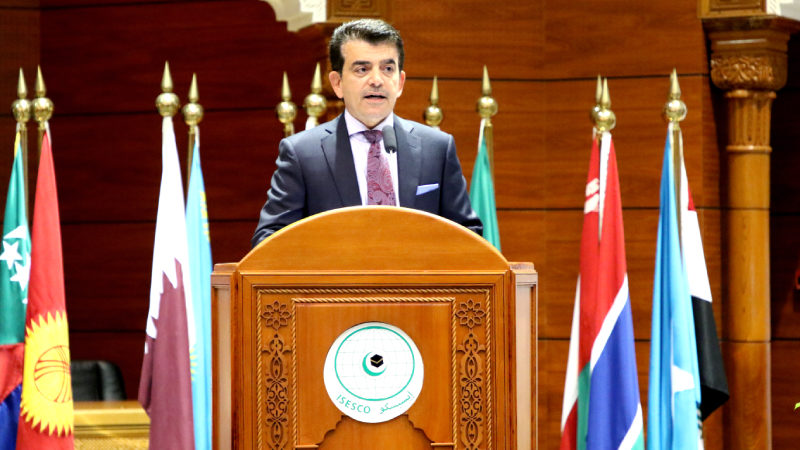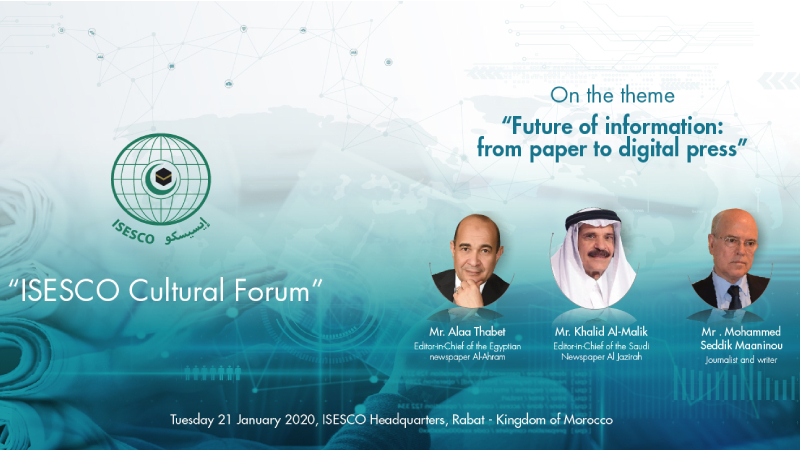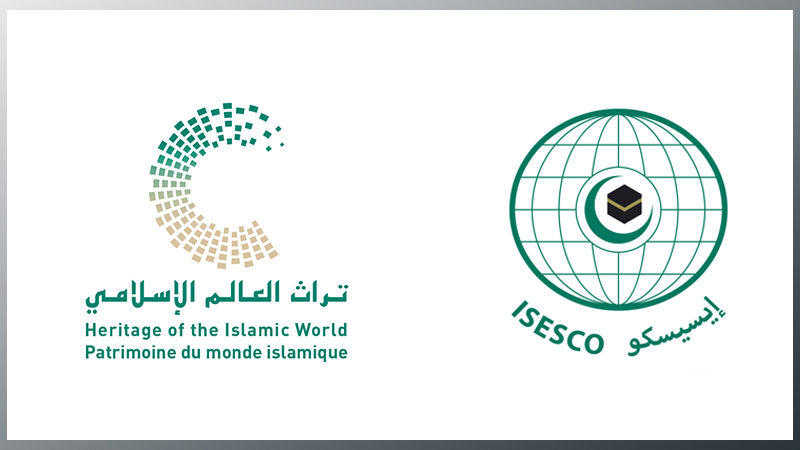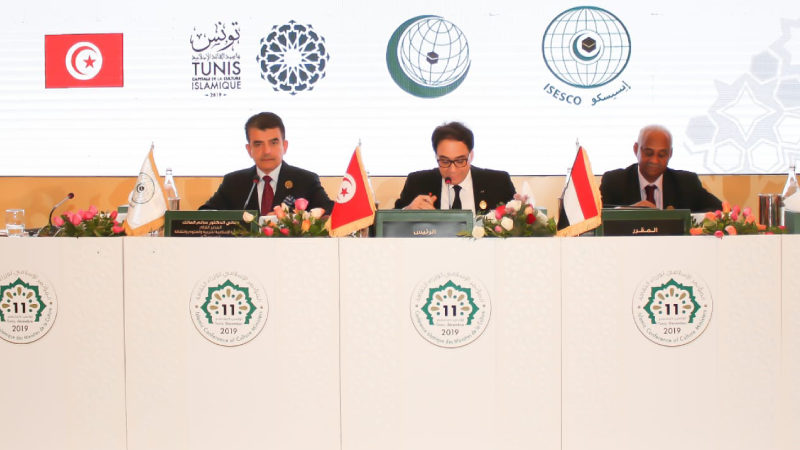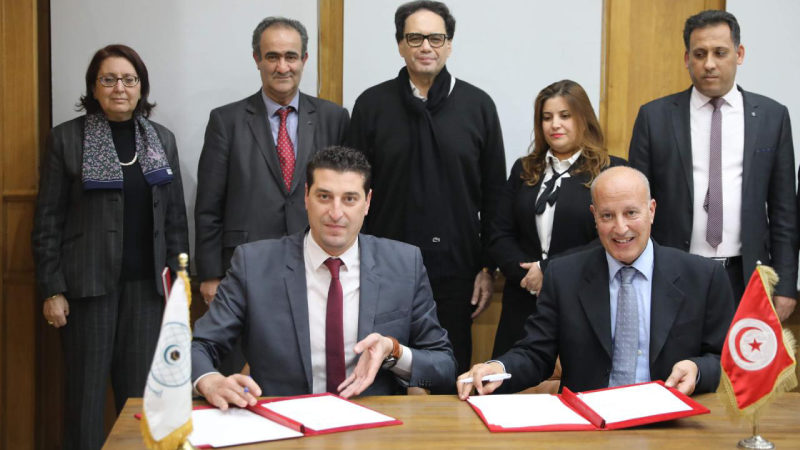The delegation of the Islamic World Educational, Scientific and Cultural Organization (ICESCO) concluded its visit to the Republic of Uzbekistan with a series of meetings with officials from the Uzbek Ministry of Culture, as part of the preparations for the celebration of Bukhara as the Asian region’s Islamic World Capital of Culture for 2020.

At the headquarters of the Ministry of Culture in Tashkent, ICESCO delegation, composed of Mr. Najib Rhiati, Director of Culture, Dr. Abdelilah Benarafa, Cultural Advisor to the General Director, and Mr. Bilal Chebbi, Programme Specialist at the Directorate of Culture, met with Mr. Ozodbek Nazarbekov, Minister of Culture of Uzbekistan, and a number of the Ministry officials, and together they discussed the outcomes of the meetings of ICESCO delegation and its visits to the cities of Tashkent, Bukhara and Samarkand; and agreed upon the minutes of the coordination meetings.
Afterwards, ICESCO delegation met with Mr. Rustam Kasimov, Advisor to the President and President of the International Islamic Academy of Uzbekistan. The delegation also met with the Director of ICESCO Chair for Islamic Civilization, Dr. Doran Maksudov, and the teaching staff (38 teachers), who are teaching 500 students within the framework of the Chair. The two parties reviewed the activities of the Chair and its contribution to the celebration of Bukhara; and the delegation took stock of the Chair’s needs in terms of providing grants and hiring a professor of Arabic language and a professor of Sharia sciences.

Following its meetings at the headquarters of the Ministry of Culture and in the presence of officials in the Ministry, ICESCO delegation along with the Deputy Minister held a press conference wherein the delegation presented ICESCO’s conception of the celebration as part of the Organization’s new vision.

